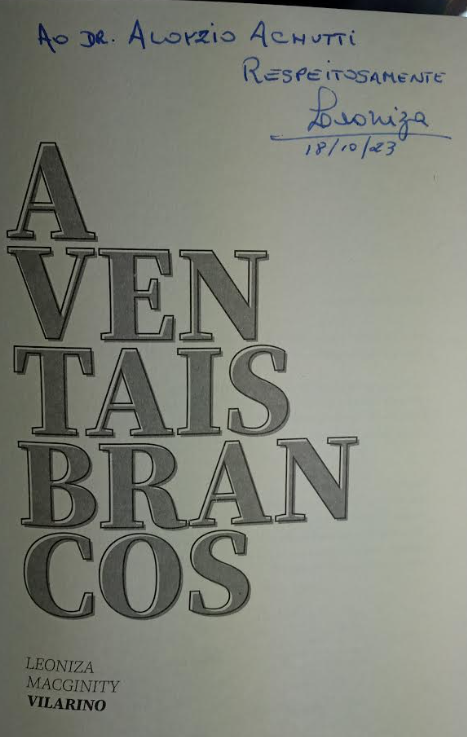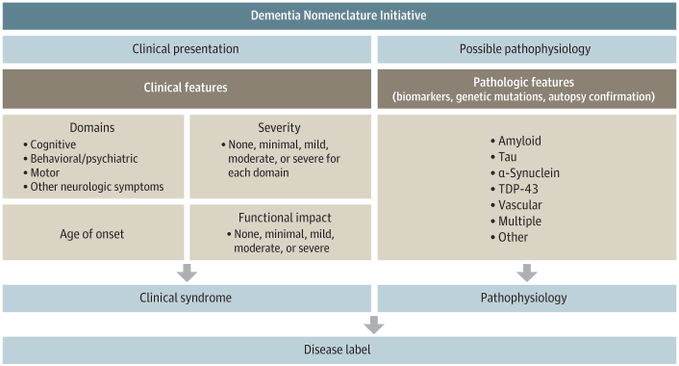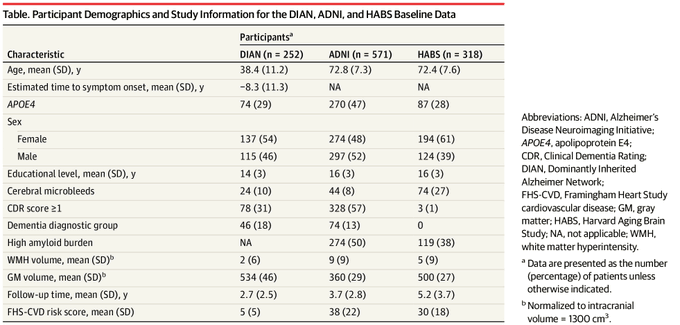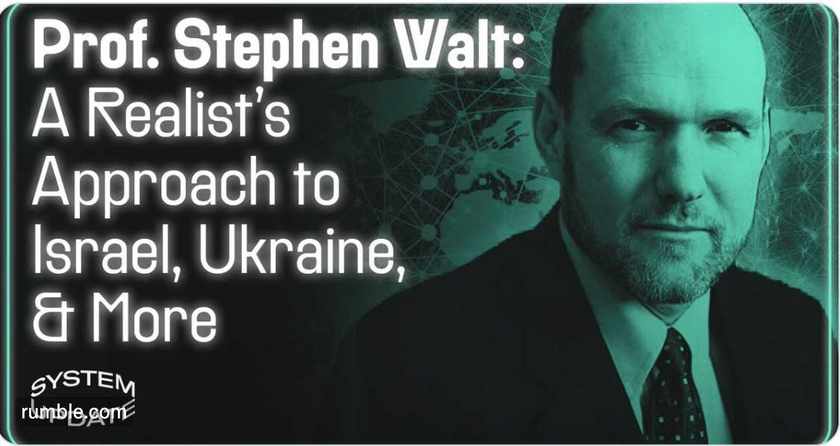3.159 AMICOR (26)
#Com a Dra. Valderês A. Robinson Achutti (*13/06/1931+15/06/2021)
Na portaria do Hotel em Beijing no século passado...#Republicando Artigos antigos meus
ZH 18 de outubro de 2012 | N° 17226
Pensando Medicina, por Aloyzio Achutti *
Cada vez mais se fala em saúde, longevidade, remédios, prevenção de doenças, diagnósticos, curas, aparelhos,
custo-benefício, acesso a serviços e planos de saúde e hospitais. Fala-se pouco do operador de tudo isso.
Só é percebido quando falha, ou não atende às fantasias da clientela. Muito do milagre, e pouco do santo...
De fato, por iniciativa dos próprios médicos, descobriram-se muitos meios, ciência, técnicas, instrumentos,
profissões auxiliares, com os quais se impõe compartilhar os resultados. Tudo ficou mais complexo e mais caro.
O médico é elemento essencial, embora permaneça o mais barato, e não seja o único responsável. Ficou
evidente a necessidade da especialização, da organização institucional, dos mecanismos de financiamento,
de infraestrutura, mas, na hora da aplicação de toda essa riqueza de recursos ao indivíduo, é imprescindível
o papel do profissional da medicina.
As opções são várias e muitas vezes conflitantes. Os interesses são múltiplos e nem sempre voltados
exclusivamente para o cliente. As causas das causas das doenças em geral não são tão ostensivas, estão
entrelaçadas, e em cadeias que frequentemente terminam nas condições sociais e de vida, fora do alcance
das ciências e das técnicas para as quais os médicos foram treinados.
Certamente, a prevenção é fundamental, mas não se pode comprometer cegamente o presente tendo em
vista um futuro incerto. Uma das características de nosso tempo é a insegurança motivada pelo clima de
terrorismo, e pela sua exploração mercadológica. É preciso não cair na tentação mesmo com “bons pretextos”,
pois o estresse provocado pode ser tão nocivo quanto o mal que se pretende evitar. Embora 2,5 mil anos nos
separem, vale pensar na recomendação platônica, de não proceder à cura enquanto o paciente não estiver
convencido.
Para convencer, é preciso estabelecer vínculo, confiança, conhecimento mútuo, tempo e seguimento.
Não dá para fazer medicina em escala industrial, nem só por aparelhos. Saúde exige perspectiva
populacional e política para chegar à raiz dos problemas. Entretanto, não se pode esquecer que a
população é formada de pessoas que precisam ser consideradas individualmente pelo médico, que pode
ajudar a resolver o que se esconde na interface, pois é do relacionamento entre os indivíduos (e seu meio)
que se estruturam nossas cidades e nossa sociedade humana.
*MÉDICO
#Passeata dos Bichos de 1953…

Na semana passada tive um feliz encontro virtual com meu eminente colega de turma (1958),
Professor Eduardo Beck Paglioli, que mencionou ter participado do mesmo desfile onde eu me
apresentei travestido de América, na então avenida 10 de Novembro, hoje Salgado Filho
#Novo livro em Santa Maria por Leoniza M.Vilarino

Através do meu primo José Antônio Brenner, soube do lançamento de publicação contando histórias de médicos de minha terra natal. Meus
agradecimentos à autora.
#JAMA
Antonio Terracciano, PhD1; Martina Luchetti, PhD2; Selin Karakose, PhD1; et al
https://jamanetwork.com/journals/jamaneurology/fullarticle/2809774?guestAccessKey=ffcfffc9-48e8-4bba-b8de-01e83f1ed0b5&utm_source=silverchair&utm_medium=email&utm_campaign=article_alert-jamaneurology&utm_term=mostread&utm_content=olf-widget_10162023&adv=000002041439#supplemental-tab
Conclusions and Relevance This large cohort study found that loneliness was associated with risk of incident PD across
demographic groups and independent of depression and other prominent risk factors and genetic risk.
The findings add to the evidence that loneliness is a substantial psychosocial determinant of health.
#Our World in Data
We’ve launched a major redesign of our interactive data visualizations
Interactive data visualizations are at the heart of our work. The Our World in Data “Grapher” is the software we’ve developed in-house to let you, our readers, explore and visualize data. It powers all the interactive charts on our website.
You can also find our Grapher charts elsewhere, such as embedded in news articles or other websites; reusability is at the core of its design.
Maintaining and improving this software is a significant part of our team’s work. But the latest round of changes marks a more substantial and concerted effort over the past few months to rethink and improve the layout and functionality of our charts.
In this article, we show the changes we’ve made and talk about why we made them, our plans to improve things further, and how you can help. |
|
We’re hiring our first Communications & Outreach Manager
We’re looking for a Communications & Outreach Manager to join our team. This role will be pivotal in helping us achieve our mission to increase the use of data and research to make progress against the world’s largest problems.
The role will include overseeing our current communication channels — including this newsletter — while developing and executing innovative strategies to broaden our reach and ensure our work reaches the right audiences.
Explore our featured work |
|
|
|
|
Guinea worm disease is close to being eradicated — how was this progress achieved?
Guinea worm disease is a painful and debilitating disease that was once common in Asia, the Middle East, and many countries in Africa. In 1989, almost 900,000 cases were recorded globally.
In 2022, the number of cases had fallen to just 13. Guinea worm disease is now close to being eradicated.
Although there is no vaccine, this much progress has been possible because we know how to prevent the disease's spread: by preventing people from drinking contaminated water. The eradication program has therefore focused on water treatment and filtration, public education, and providing safe sources of drinking water.
In this article, we explain what guinea worm disease is, which countries have eliminated it, and the challenges that remain to eradicate the disease once and for all. |
|
#
|
|
|
The Quest to Quantify QuantumnessBy CHARLIE WOOD What makes a quantum computer more powerful than a classical computer? It’s a surprisingly subtle question that physicists are still grappling with, decades into the quantum age.
Read the article |
|
 | Thirty Years Later, a Speed Boost for Quantum FactoringBy BEN BRUBAKER Shor’s algorithm will enable future quantum computers to factor large numbers quickly, undermining many online security protocols. Now a researcher has shown how to do it even faster.
Read the article
Related:
What Makes Quantum
Computing So Hard to Explain?
By Scott Aaronson (2021) |
 | These Cells Spark Electricity in the Brain. They’re Not Neurons.By LAURA DATTARO Researchers have long debated whether brain cells called astrocytes can signal like neurons. A recent study provides the best evidence yet that some astrocytes are part of the electrical conversation.
Read the blog
Related:
Glial Brain Cells, Long in Neurons’
Shadow, Reveal Hidden Powers
By Elena Renken (2020) |
|
A Fine Transition
Clocks based on nuclear transitions are better protected against environmental disruptions than atomic clocks based on electronic transitions are. They could make advanced timekeeping more than a trillion times as precise, reports Kenna Hughes-Castleberry for Scientific American. The world’s best atomic clocks lose only one second after running for 100 million years, an accuracy that has enabled physicists to sense differences in time’s passage within a single cloud of atoms, as Katie McCormick reported for Quanta in 2021. Nuclear clocks will do even better.
Flight Control
Some flying insects flap their wings synchronously, while others have independent control of each wing. That difference is inspiring new designs for flying robots, reports Rupendra Brahambhatt for Ars Technica. Engineers are also learning from studies of how birds fly. In 2022, Yasemin Saplakoglu wrote for Quanta about new insights into the biomechanics of birds. |
|
Quanta is conducting a series of surveys to better serve our audience. Take our newsletter subscriber survey and you will be entered to win free Quanta merchandise.|
#Wanyce M. Robinson+
Os familiares da Professora Doutora WANYCE MIRIAM ROBINSON convidam para a missa de trigésimo dia do seu falecimento, a ser celebrada no dia 21/10/2023, sábado, às 16 horas, na Igreja Santa Terezinha , na Av. José Bonifácio, 645 em Porto Alegre.
| | As duas irmãs, enquanto ainda estavam por aqui... |
|
|
|
|
#JAMA October 16, 2023
A New Framework for Dementia NomenclatureRonald C. Petersen, MD, PhD1; Sandra Weintraub, PhD2; Marwan Sabbagh, MD3; et al
Conclusions and Relevance The Dementia Nomenclature Initiative established a framework to guide communication about cognitive impairment among
older adults. Wider testing and refinement of the framework will subsequently improve the information used in communicating
about cognitive impairment and the way in which the information is used in clinical, research, and public settings.


#Política Internacional
Recomendado pela AMICOR Maria Inês Reinart Azambuja
Harvard Prof. Stephen Walt Dissects US Foreign Policy:
Israel/Gaza, Ukraine, Iran, China, BRICS, & More

#Academia Sul-Riograndense de MEDICINA
SESSÃO CULTURAL, dia 17/10, às 18h, em formato virtual, pelo GOOGLE MEET.
A apresentação estará a cargo do Dr. José Pio Rodrigues Furtado, cirurgião, Professor e autor de inúmeros livros.
Tema: "Médicos Escritores". Link de acesso: http://meet.google.com/hhf-oada-eqp ID: hhf oada eqp
#BBC
Planet Earth III













No comments:
Post a Comment